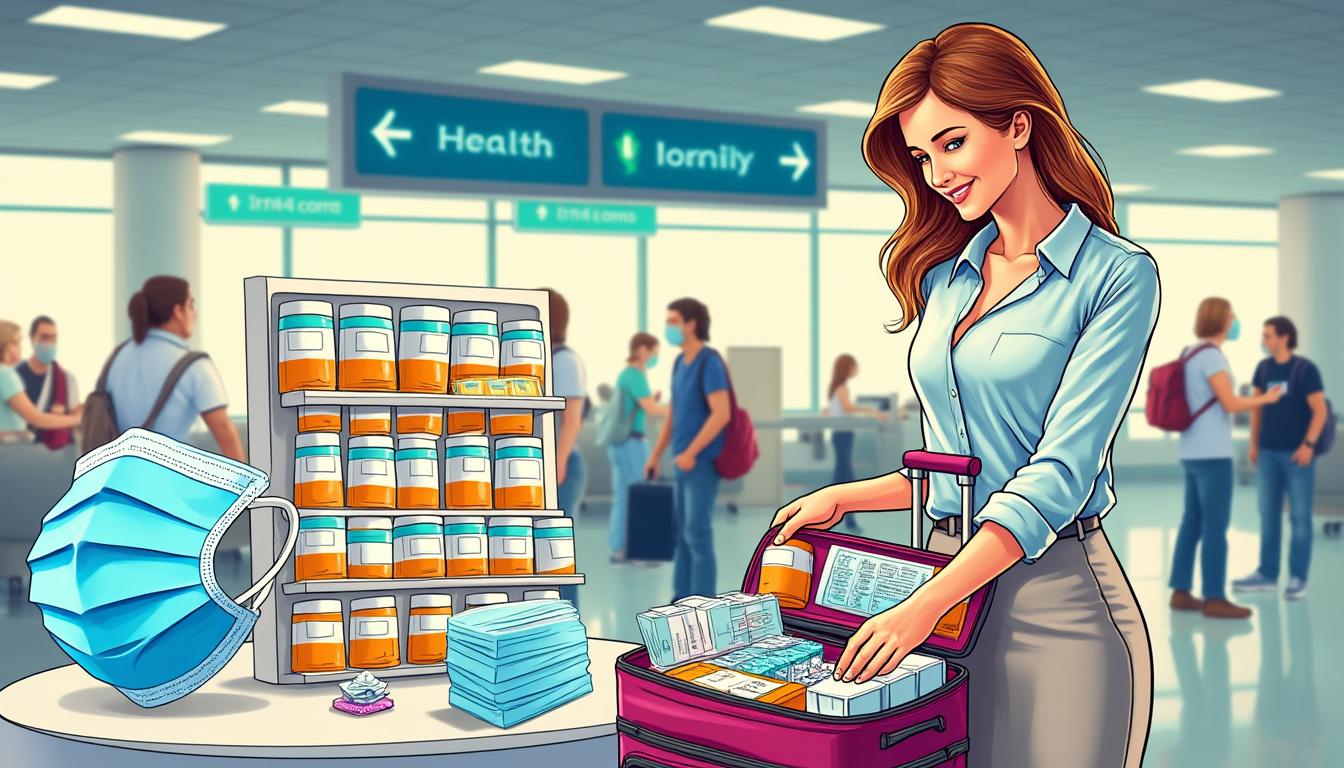Living with cystic fibrosis (CF) should never mean giving up on one’s passion for travel. Della Anne’s story exemplifies how careful planning and thoughtful health management make it possible to explore the world safely. Drawing from her extensive travels—from road trips along the East Coast to adventures in Paris—she shares invaluable advice on handling medication logistics and protecting respiratory health during journeys. This article distills her experience into practical guidance essential for anyone with CF who aspires to travel confidently while safeguarding their well-being.
Safe Strategies for Mailing Medications When Traveling With Cystic Fibrosis
One of the complex challenges for travelers managing CF is the secure transport of medications, particularly those requiring refrigeration or delicate handling, such as Pulmozyme and Tobramycin. Instead of carrying these fragile treatments onboard, Della Anne opts to mail her medicines in a well-insulated cooler. This approach minimizes risks associated with lost or delayed luggage, ensuring vital respiratory therapies arrive intact.
Key steps for safely mailing medications include:
- Use insulated packaging to maintain proper temperature throughout transit.
- Coordinate with pharmacies and healthcare providers, such as the CF Foundation, to obtain authorized prescriptions for mailing.
- Allow for extra medication supply—carry at least two additional days’ worth of critical drugs like Kalydeco and Orkambi.
- Check postal regulations and timelines to ensure medications arrive before departure.
- Label packages clearly with medication details and contact information.
| Medication | Storage Requirement | Mailing Tips |
|---|---|---|
| Pulmozyme | Refrigerated | Pack with ice packs in insulated cooler; avoid shipping delays |
| Tobramycin | Refrigerated | Ship early in the week to avoid weekend hold-ups |
| Kalydeco / Orkambi / Symdeko / Trikafta | Room temperature | Include extra supply; verify legality of mailing prescriptions |
Preparing for Emergencies and Practical Medication Management on the Road
Preparedness involves more than just medication. Della Anne stresses the importance of packing extras of prescription necessities like insulin and pancreatic enzymes. If packing is tight, purchasing over-the-counter supplements such as vitamins or Miralax at the destination can be a practical solution.
Knowing local healthcare resources is equally vital. Before traveling, scout the nearest emergency rooms and keep digital copies of medication lists, dosages, and allergy information for swift access. This is indispensable when receiving care outside one’s normal medical system, especially abroad.
- Maintain a digital “medical card” on devices with all relevant health info.
- Inform travel companions about emergency protocols.
- Plan rest days before and after trips to conserve energy for travel moments.
| Essential Preparedness Action | Reason |
|---|---|
| Extra medications (pancreatic enzymes, insulin) | Guard against delays or loss; ensures uninterrupted treatment |
| Research local emergency facilities | Quick access to healthcare in new locations minimizes risk |
| Share medical information with travel companions | Empowers others to assist during an emergency |
The Crucial Role of Masks and Respiratory Safety on Travel Journeys
Cystic fibrosis patients must remain vigilant against airborne infections, which can severely impact lung health. Mask-wearing, a practice Della Anne embraced even before the COVID-19 pandemic, remains a simple yet powerful defense, especially in crowded indoor spaces such as airports, airplanes, and cruise ships.
Della Anne highlights these key mask-wearing practices:
- Wear masks consistently in enclosed, crowded areas to reduce exposure to respiratory pathogens.
- Choose high-quality masks with good filtration, ideally certified respirators or surgical masks.
- Consider comfort and fit to encourage compliance during longer travel periods.
- Balance mask usage with rest to avoid fatigue while maintaining protection.
| Travel Environment | Mask Recommendation | Benefit |
|---|---|---|
| Airplanes and airports | Wear mask throughout travel, including boarding | Limits airborne transmission in tightly enclosed spaces |
| Elevators and waiting areas | Keep mask on in confined, crowded areas | Protects from brief but intense exposure |
| Cruise ships | Use masks in indoor public venues | Reduces risk of cross-infection in enclosed settings |
Balancing Treatment Routines With Travel Joy
While maintaining at least one daily respiratory therapy session, incorporating treatments such as those provided by Vertex Pharmaceuticals including Trikafta, it is essential to allow flexibility. Della Anne advises giving oneself permission to prioritize moments of enjoyment without guilt if a treatment is missed or delayed during travel. The goal is sustained health with balanced self-care and adventure.
- Prioritize daily treatments when possible, with a backup for twice-daily if needed.
- Plan rest intervals amid busy travel schedules to maintain energy levels.
- Accept that vacations do not pause CF, but preparation can mitigate stress.
- Engage travel companions as allies in managing health needs responsibly.
Adopting such a proactive and informed approach aligns with best practices promoted by the CF Foundation for optimal cystic fibrosis care while exploring the world.
Frequently Asked Questions About Traveling With Cystic Fibrosis
- Can I safely mail refrigerated CF medications when traveling?
Yes. Using insulated coolers with ice packs and coordinating shipping times carefully helps ensure medications like Pulmozyme remain effective. Always check postal regulations and possible customs requirements when mailing internationally. - How important is mask-wearing during travel for someone with CF?
Extremely important. Masks significantly reduce the risk of airborne infections, which can exacerbate CF respiratory complications. Wearing masks in crowded, indoor settings is recommended to protect lung health. - What should I include in my emergency medical information while traveling?
Include medication names and dosages, allergy information, contact details of your CF healthcare team, and any special treatment protocols. Digital access to this information is vital for quick use in emergencies. - Is it necessary to bring extra medication supplies when traveling?
Yes. Carrying additional doses beyond the planned trip length guards against delays, loss, or unexpected complications. Extra pancreatic enzymes and insulin are especially critical. - How can I balance treatment schedules with enjoying travel?
Prioritize at least one treatment daily and plan rest days before and after active travel. Allow flexibility to occasionally delay treatments without guilt, focusing on overall well-being.


